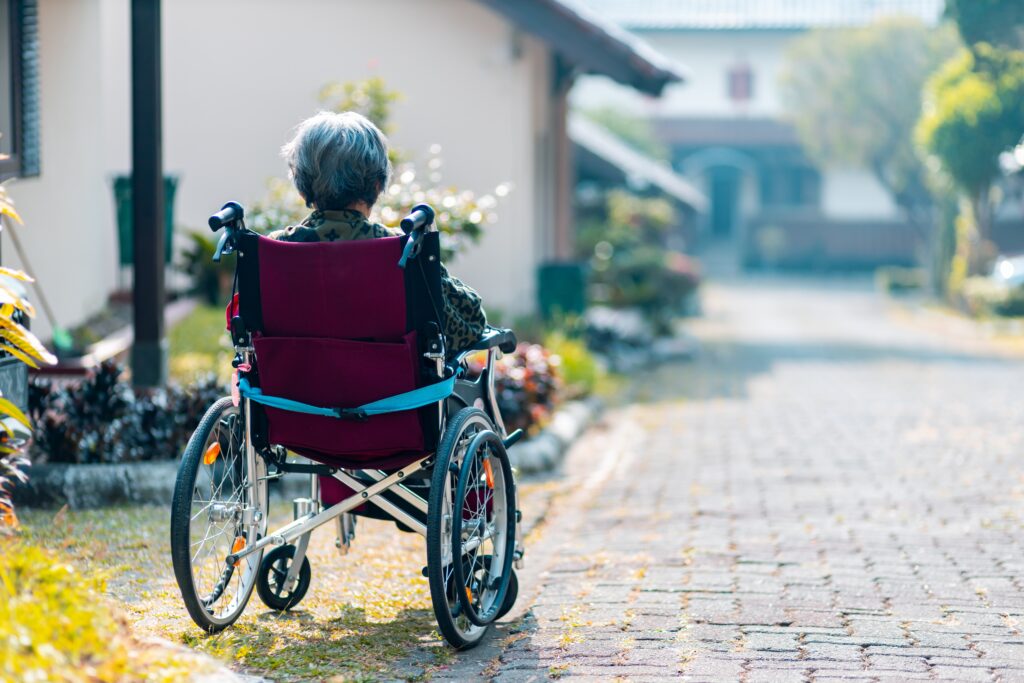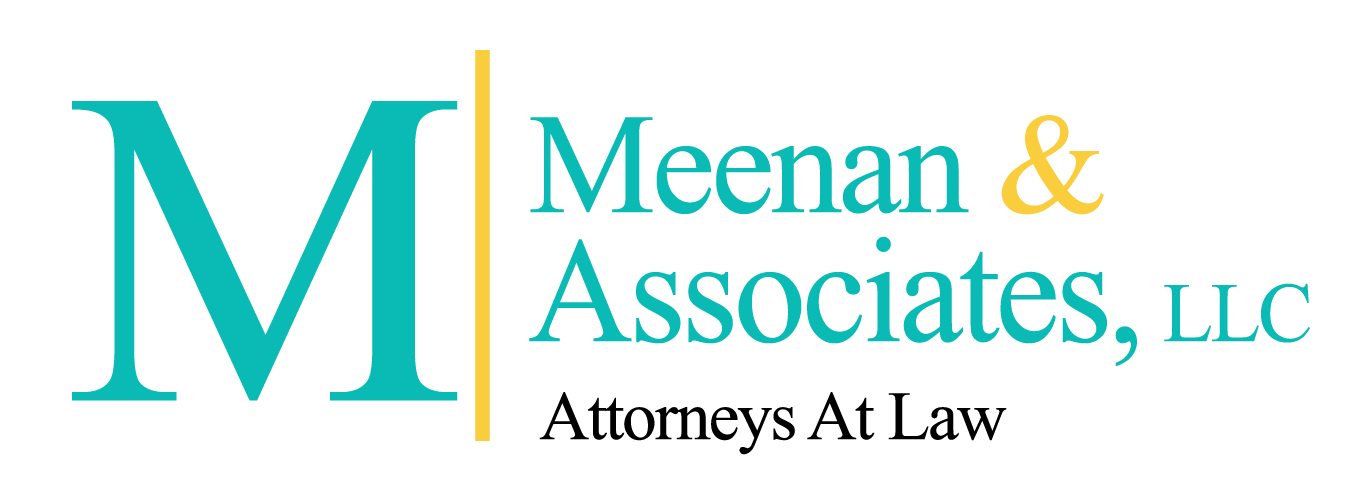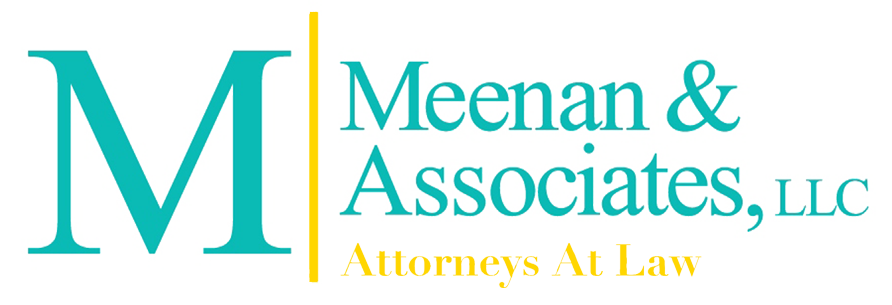 New York has announced major changes to its community Medicaid program, which covers the cost of long-term care at home. Effective October 1, 2020, community Medicaid will have a 30-month look-back period and there will be stricter eligibility requirements for two of Medicaid’s home care programs.
New York has announced major changes to its community Medicaid program, which covers the cost of long-term care at home. Effective October 1, 2020, community Medicaid will have a 30-month look-back period and there will be stricter eligibility requirements for two of Medicaid’s home care programs.
30-Month Look-Back Period for Community Medicaid
In NY, Medicaid currently has a 60-month look-back period for applicants for nursing home coverage. Medicaid “looks back” at the financial transactions made by the applicant seeking such coverage, and his/her spouse, in the prior 5 years. Medicaid then imposes a penalty period of ineligibility — a period of time during which the applicant is ineligible — for gifts made during that 60-month period. However, community Medicaid currently has no look-back period.
Starting October 1, 2020, there will now be a 30-month look-back period for applicants in need of community long-term care Medicaid. In addition to reviewing applicants’ finances during the 30-month period prior to application, Medicaid will impose a penalty period for “non-exempt” transfers. Generally, non-exempt transfers are transfers made by applicant or his/her spouse to third-parties or trusts that are considered gifts.
For nursing home Medicaid in NYC, the penalty period is one month of Medicaid denied for every $12,844 transferred. It is unclear whether the same penalty rate will be applied to community Medicaid. For nursing home Medicaid, exempt transfers that do not result in a penalty period include transfers to a disabled child, to a Supplemental Needs Trust (for individuals 65 or under), or to a spouse. It is unclear how Medicaid will define an “exempt transfer” for purposes of community Medicaid.
The look-back and penalty periods will be applied to applications received on or after October 1, 2020. Under the current law, applicants who apply before that date will not be subject to the look back or penalty periods. It is unclear whether the look-back period will be triggered on renewal or recertification of those applicants who applied before October 1, 2020.
Harder to Qualify for Community Long-Term Medicaid
In addition to imposing look-back and penalty periods for home care, New York heightened the requirements for eligibility for two Medicaid home health care programs. The affected home care programs are Personal Care Services (PCS) and Consumer Directed Personal Assistance Program (CDPAP). Currently, PCS provides home attendant and housekeeping services to individuals in need of assistance with at least one activity of daily living (ADL). CDPAP permits people in need of assistance with one ADL to hire friends, family or existing caregivers, with the caregivers paid by Medicaid.
As a result of the recent changes, starting October 2020, to be eligible for CDPAP or PCS, applicants must require assistance with at least three ADL’s. The sole exception is for individuals with a diagnosis of dementia or Alzheimer’s, who can qualify if they need at least supervision with more than one ADL. Applicants receiving services under these programs as of October 1, 2020 will be grandfathered in.
In addition, Level 1 personal care housekeeping services, which provides assistance of up to 8 hours per week to disabled individuals with chores such as shopping, laundry and meal preparation, will be eliminated. Finally, home care services under PCS or CDPAP will have to be prescribed by an independent physician contracted by the Department of Health, instead of the applicant’s treating physician.
Long-Term Effect
The cumulative effect of these changes is to make it harder for the non-wealthy elderly and disabled to qualify for the home care that is critical to their ability to continue to live in their own homes. Ultimately, the long-term harm caused by these changes, which were largely made as a result of budget considerations, will outweigh any short-term financial benefits.

